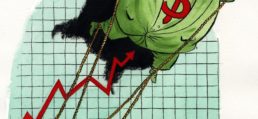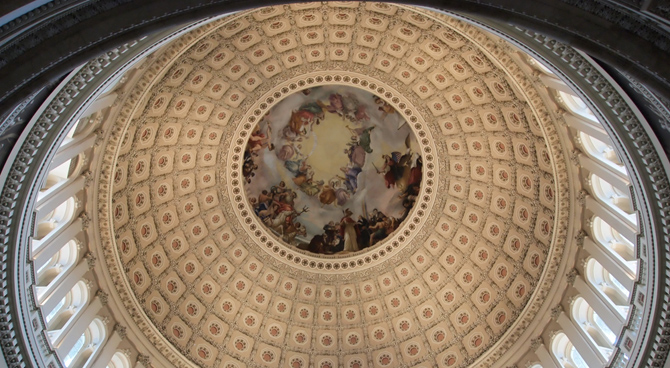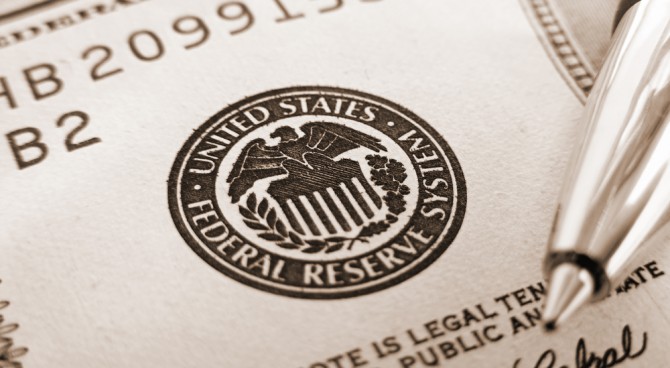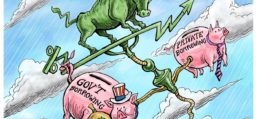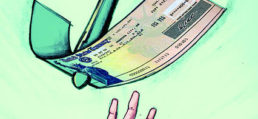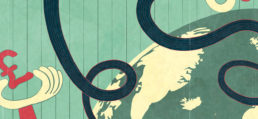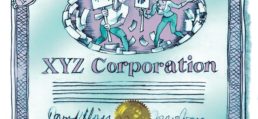By paying banks not to lend, the central bank diminished its ability to control interest rates. By Phil Gramm and Thomas R. Saving Jan. 1, 2019 3:26 pm ET As the Trump economic revival doubled economic-growth rates over the last two years, interest rates, which had fallen in the final two years of...
Read more
WSJ: The Fed’s Obama-Era Hangover
